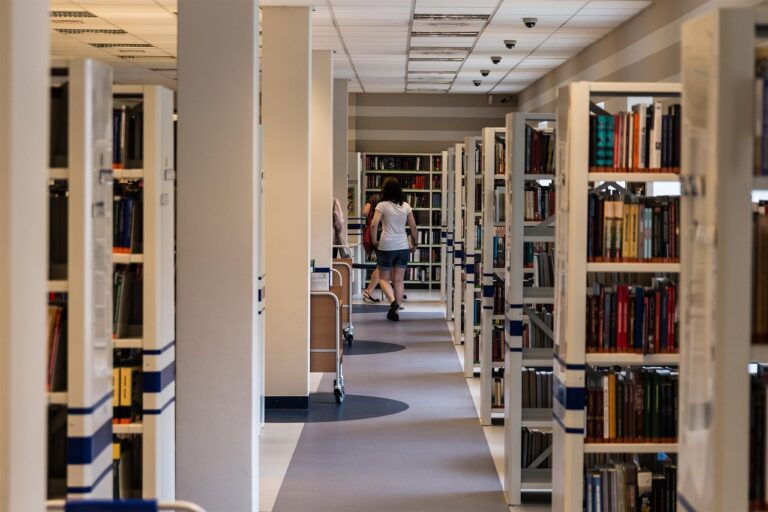Examining the Role of Art and Music Education in Academic Success
Art education plays a crucial role in fostering creativity and critical thinking skills. By engaging with various forms of art, students are encouraged to think outside the box and explore different perspectives. This process not only enhances their problem-solving abilities but also cultivates their emotional intelligence, allowing them to understand and express complex ideas effectively.
Moreover, art education has been shown to improve academic performance across various subjects. Students who participate in art classes tend to have higher levels of engagement and motivation, leading to an overall increase in their success in other areas of study. By incorporating art into the curriculum, schools can provide students with a well-rounded education that nurtures their holistic development and prepares them for future success.
The Benefits of Music Education on Academic Performance
Research has shown that music education has a significant impact on academic performance. When students engage in music classes, they often develop heightened cognitive abilities that can translate into improved performance in other academic areas. This is because learning to play an instrument or understand musical concepts involves critical thinking, problem-solving, and creative skills that are transferrable to various subjects.
Furthermore, participating in music education can enhance a student’s memory and concentration abilities. The practice of memorizing musical pieces, understanding rhythm, and following musical notes can strengthen a student’s focus and attention to detail. This heightened ability to concentrate can have a positive effect on a student’s academic performance by helping them stay engaged and process information more effectively in their other classes.
• Music education can improve cognitive abilities that transfer to other academic areas
• Learning an instrument or musical concepts involves critical thinking and problem-solving skills
• Creative skills developed in music classes can benefit students in various subjects
• Engaging in music education can enhance memory and concentration abilities
• Memorizing musical pieces, understanding rhythm, and following notes can strengthen focus
• Improved concentration from music classes can help students stay engaged and process information effectively
How Art and Music Education Enhance Cognitive Skills
Art and music education have been shown to have a significant impact on cognitive skills. Engaging in artistic activities can enhance critical thinking abilities by promoting creativity and problem-solving skills. When students are exposed to different forms of art and music, they are encouraged to think outside the box and develop their analytical skills.
Furthermore, art and music education can also improve memory and concentration. By actively participating in artistic endeavors, individuals are required to focus their attention, which can help strengthen their cognitive abilities. Additionally, the emotional connection that art and music can evoke can aid in memory retention and overall cognitive function.
How does art education contribute to academic success?
Art education helps students develop critical thinking skills, creativity, and problem-solving abilities, which are transferable to other academic subjects.
What are some benefits of music education on academic performance?
Music education has been shown to improve memory, concentration, and cognitive skills, leading to better academic performance in subjects like math and language arts.
How do art and music education enhance cognitive skills?
Both art and music education stimulate brain activity, improve emotional intelligence, and enhance spatial reasoning, all of which contribute to the development of cognitive skills like memory, attention, and problem-solving.







